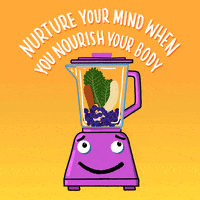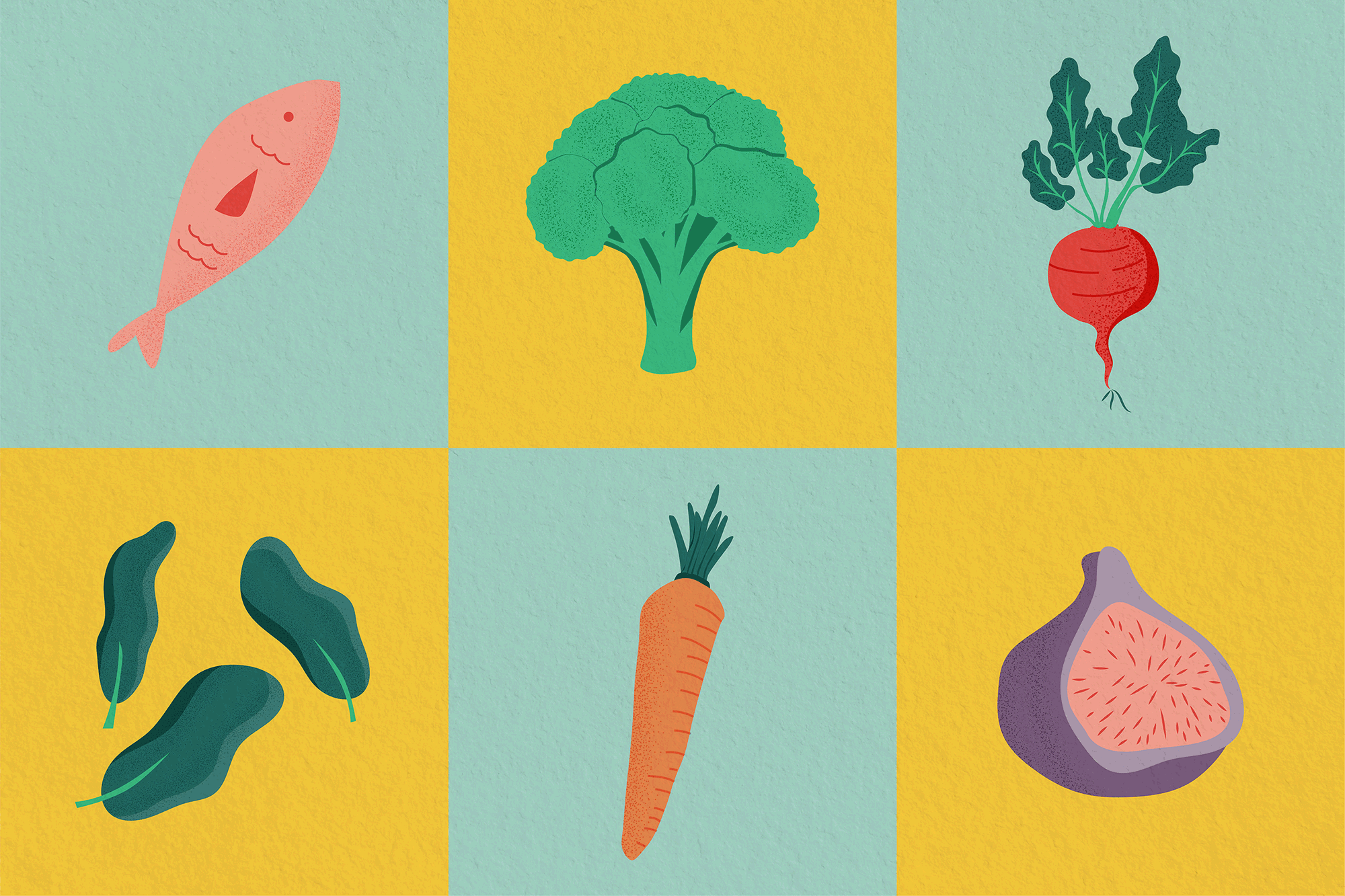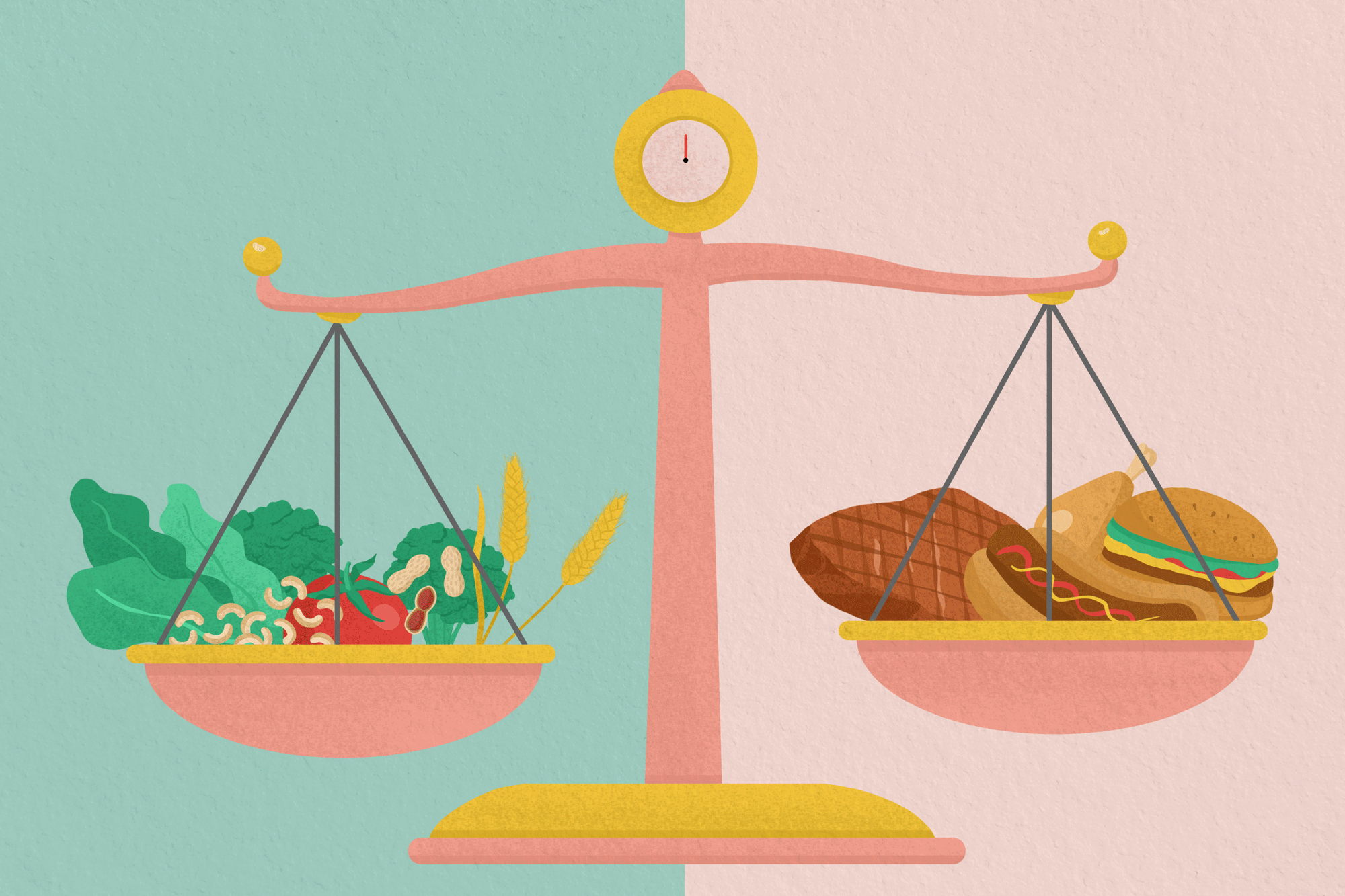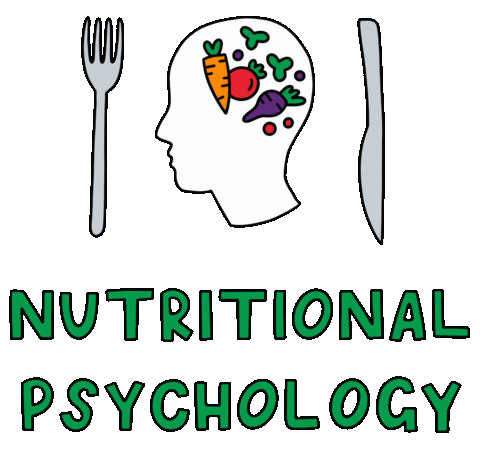DIET
WHAT IS A HEALTHY DIET?
The key to a healthy diet is to eat the right amount of calories for how active you are so you balance the energy you consume with the energy you use.
If you eat or drink more than your body needs, you'll put on weight because the energy you do not use is stored as fat. If you eat and drink too little, you'll lose weight.
You should also eat a wide range of foods to make sure you're getting a balanced diet and your body is receiving all the nutrients it needs.
It's recommended that men have around 2,500 calories a day. Women should have around 2,000 calories a day.
Following a healthy, balanced diet helps make sure that our bodies get all the nutrients needed to work well from day to day and can also reduce the risk of diseases like heart disease, stroke, type 2 diabetes and some types of cancer in the longer term.
WHAT DO OUR BODIES NEED?
There is no ‘one size fits all’ healthy diet and it is not just about eating less sugar, salt or saturated fat but also about what we should be eating more of, for example fruit and vegetables and fibre. Everyone is different and the principles of healthy eating can be adapted to suit you. The main principles are:
-
Including plenty of a range of fruit and vegetables – at least 5 A DAY
-
Including plenty of fibre-rich foods, especially wholegrains
-
Including a range of protein-sources especially beans, peas and lentils
-
Including some dairy foods or fortified alternatives
-
Choosing mainly unsaturated fats and oils, and
-
Minimising foods and drinks that are high in fat, salt and sugars.
Remember everyone is different and you can make food choices following these principles to suit you.
WHAT IS MALNUTRITION?
Malnutrition is a serious condition that happens when your diet does not contain the right amount of nutrients.
It means "poor nutrition" and can refer to:
-
Undernutrition – not getting enough nutrients
-
Overnutrition – getting more nutrients than needed
Common signs of malnutrition include:
-
Unintentional weight loss – losing 5% to 10% or more of weight over 3 to 6 months is one of the main signs of malnutrition
-
A low body weight – people with a body mass index (BMI) under 18.5 are at risk of being malnourished (use the BMI calculator to work out your BMI)
-
A lack of interest in eating and drinking
-
Feeling tired all the time
-
Feeling weak
-
Getting ill often and taking a long time to recover
-
In children, not growing or not putting on weight at the expected rate
WHAT CAN HELP?
'Self-help' tips don't solve the issue. However, they can help you/others feel more in control when experiencing strong emotions.
If you find that 'self-help' isn't enough, consider reaching out to a counsellor or your GP for help managing overwhelming emotions.
01
Everything in moderation
02
Eat regularly. This can stop your blood sugar level dropping, which can make you feel tired and bad-tempered.
03
Stay hydrated. Even mild dehydration can affect your mood, energy level and ability to concentrate.
04
Eat the right balance of fats. Your brain needs healthy fats to keep working well. They're found in things such as olive oil, rapeseed oil, nuts, seeds, oily fish, avocados, milk and eggs. Avoid trans fats - often found in processed or packaged foods - as they can be bad for your mood and your heart health.
05
Include more wholegrains, fruits and vegetables in your diet. They contain the vitamins and minerals your brain and body need to stay well.
06
Include some protein with every meal. It contains an amino acid that your brain uses to help regulate your mood.
07
Look after your gut health. Your gut can reflect how you're feeling: if you're stressed, it can speed up or slow down. Healthy food for your gut includes fruit, vegetables, beans and probiotics.
08
Be aware of how caffeine can affect your mood. It can cause sleep problems, especially if you drink it close to bedtime, and some people find it makes them irritable and anxious too. Caffeine is found in coffee, tea, cola, energy drinks and chocolate.
09
Regularly consuming foods and drinks high in sugar increases your risk of obesity and tooth decay.Sugary foods and drinks are often high in energy (measured in kilojoules or calories), and if consumed too often can contribute to weight gain. They can also cause tooth decay, especially if eaten between meals.
10
Try not to skip meals Some people skip breakfast because they think it'll help them lose weight. But a healthy breakfast high in fibre and low in fat, sugar and salt can form part of a balanced diet, and can help you get the nutrients you need for good health.
EXTERNAL INFORMATION, SUPPORT AND ADVICE






















































 |  |  |
|---|---|---|
 |  |  |
 |  |  |
 |  |  |
 |  |  |
 |  |  |
 |  |  |
 |  |  |
 |  |  |
 |  |  |
 |  |  |
 |  |  |
 |  |  |
 |  |  |
 |  |  |
 |  |  |
 |  |  |
 |  |  |
 |  |

